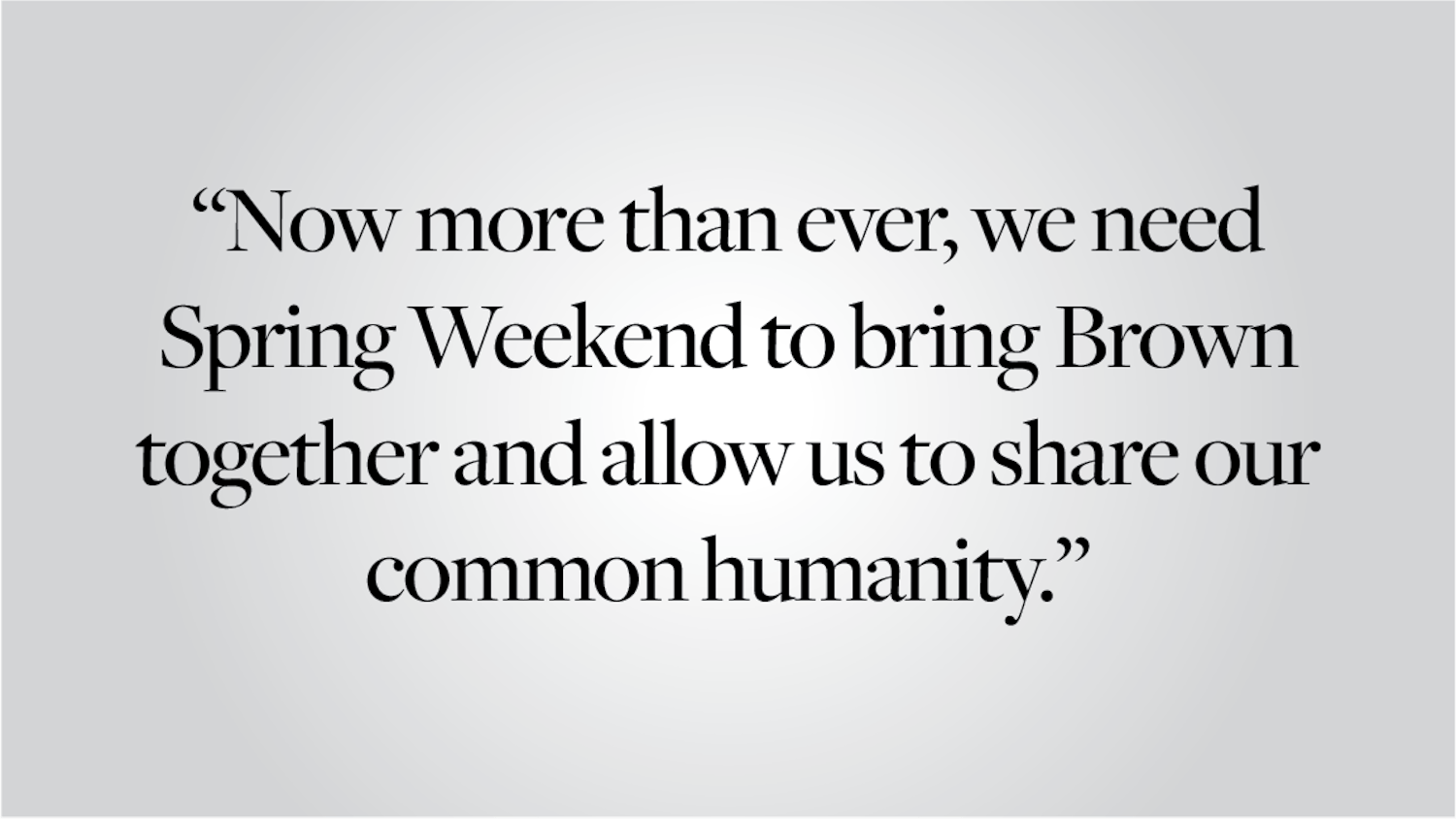Sovereignty is defined by the Encyclopedia Britannica as “the ultimate overseer, or authority, in the decision-making process of the state and in the maintenance of order.” In the most conventional sense, sovereignty applies to the structure that holds the highest authority over the individuals and the workings of a given nation. The term and its importance become much more complicated when applied to the international arena. We live in a supposedly post-colonial world where the individual’s right to self-determination is viewed as inherent to the way humanity organizes itself. Yet, all too often, the limitations and ambiguities of “sovereignty” have allowed certain actors to continue to exert domination over the rest of the world through long-standing and outdated power structures. The rhetoric of American sovereignty, which often implies that some powerful states have a right to determine global standards, categorizes different human interests within a hierarchy that favors some cultures and leads to the subordination of others.
President Donald Trump employed much of this same rhetoric in his State of the Union Address, delivered Jan. 30. Yet one section of his address in particular very clearly underscores the precarious mentality held by U.S. leaders and citizens alike in regard to the United States’ role in world affairs. When referring to the decision to recognize Jerusalem as the capital of Israel, a decision plagued by international controversy, President Trump spoke of “America’s sovereign right to make this recognition.” This statement was followed by assurances that Congress was working toward legislation that would prioritize American interests abroad. This section of the address is easily glossed over, as it was relatively short and mentioned only in passing, overshadowed by many of the special interest stories that became the highlight of the president’s speech. However, I believe these specific words are worth pulling out and contextualizing within the larger history of U.S. interventionism, justified and rationalized as serving these ambiguous “American interests.”
The long-standing issue regarding the recognition of the capital of Israel has been greatly discussed on the international stage. Several leaders in the United Nations have expressed clear opposition to President Trump’s decision to recognize Jerusalem, shaking the fragile consensus that had been reached. The narrative of the opposition has been expressed by Venezuela’s United Nations new Permanent Representative Samuel Moncada Acosta: “The world is not for sale, and your threats imperil global peace.” The American Ambassador to the UN, Nikki Haley, on the other hand, celebrated those who chose not to confront the decision of the United States when she argued that “it’s clear that many countries prioritized their relationship with the United States over an unproductive attempt to isolate us for a decision that was our sovereign right to make.” Here, yet another world leader employs the very same phrase “sovereign right” to convey a sense of authority over world issues that goes well beyond a country’s legitimate claim to sovereignty, which exists only within the confines of the American state. A serious issue that surrounds the debate is the opposition’s inability to articulate their issues with these faulty claims to sovereignty. In this way, it misses the primary point that transcends this one mere instance of U.S. arrogance in its foreign affairs.
This is not a Trump phenomenon that we just need to bear for the next three years. This issue is about a long history of imperialist rationalization that has its roots in rhetoric such as that of “the white man’s burden” and policies of intimidation employed by many previous administrations. This is a tradition that time and time again has resulted in atrocious actions against human dignity, particularly, but not exclusively, across Latin America and the Middle East. It is an issue that will require extensive discussion and redefinition, as these discourses have historically been approached in problematic ways, even in the most progressive and academic arenas. This is particularly true as U.S. foreign policy is often viewed by the American people as a narrative of good intentions. Rhetoric dominated by phrases such as the “protection of human rights” or the “serving of American interests” has monopolized the critical discussion. And yet very few have ventured to ask: What are these human rights if not the right to self-determination? Are these really the interests of the American people, or those of the elite few that we are serving? These questions become even more important within the context of a community such as Brown’s, in which so many of us are looking to participate in the development of solutions to U.S. as well as world problems. There needs to be a conversation about what our responsibility is to the rest of the world, coming from this position of power. A conversation in which we can draw the line between aiding in collective efforts toward progress across the world, and exerting an illegitimate “sovereignty” over all of those who have traditionally been denied that right.
Marysol Fernandez ’21 can be reached at marysol_fernandez@brown.edu. Please send responses to this opinion to letters@browndailyherald.com and other op-eds to opinions@browndailyherald.com.




